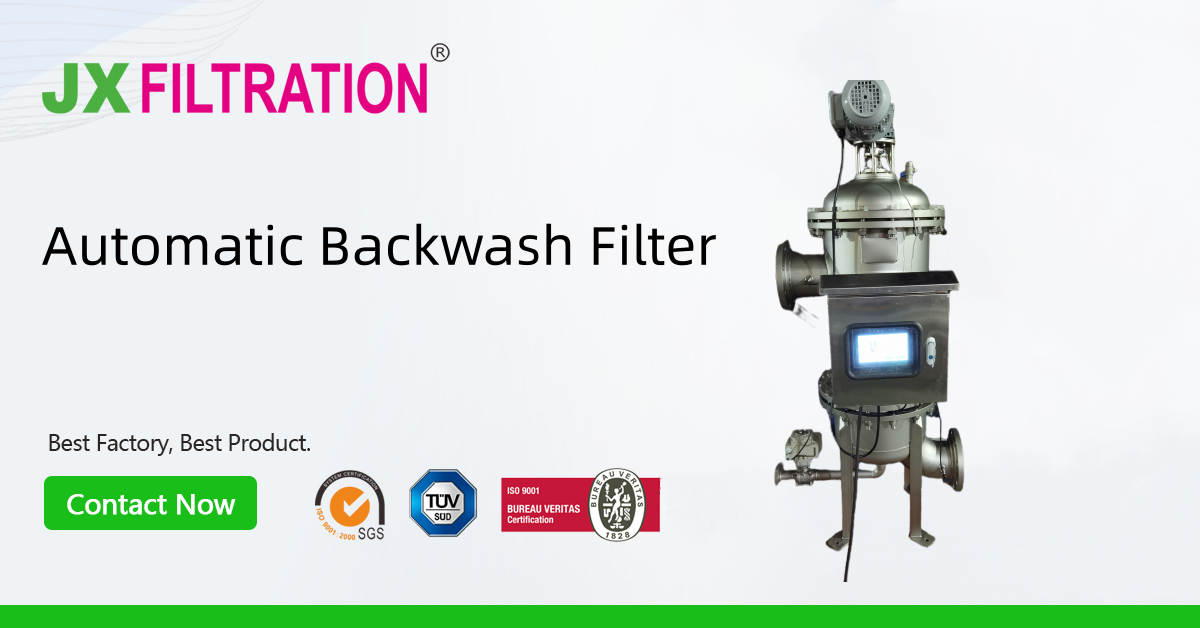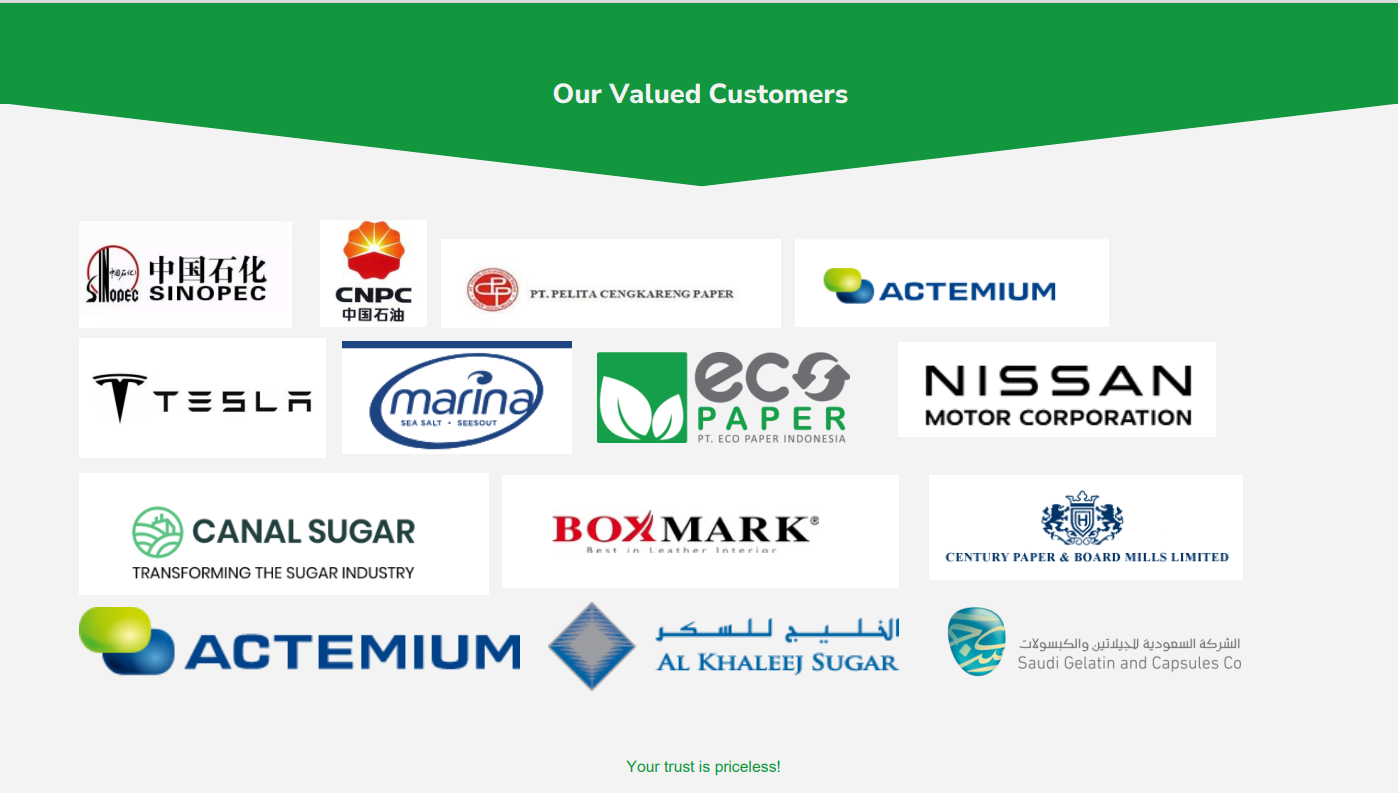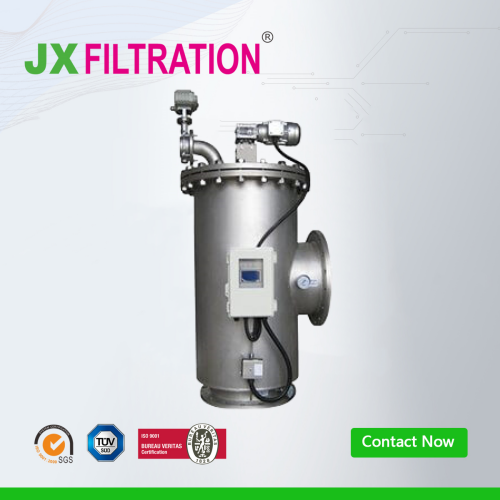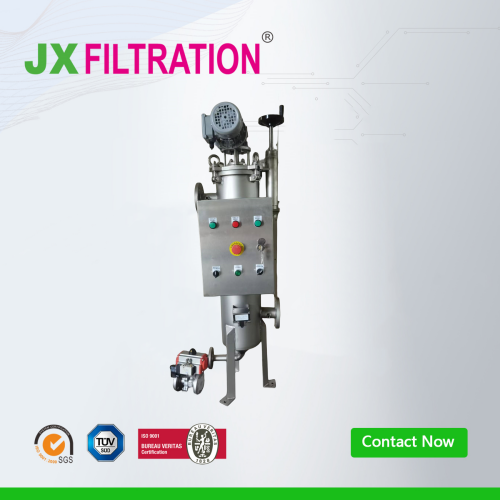Automatic Backwash Filter vs Automatic Self Cleaning Filter
In the realm of industrial filtration, two highly efficient technologies, the Automatic Backwash Filter and the Automatic Self Cleaning Filter, stand out for their ability to maintain the integrity of liquid or gas streams while minimizing maintenance demands. Here, we outline the key differences between these two systems to help you choose the most suitable solution for your specific filtration needs.
Automatic Backwash Filter:
-
Cleaning Process: The Automatic Backwash Filter relies on a backwashing process. When the filter media becomes laden with contaminants, the system reverses the flow of fluid to dislodge and expel trapped impurities. This typically involves redirecting a portion of clean effluent or an external cleaning fluid to achieve the backwash.
-
Downtime: During the backwash cycle, the filter is temporarily offline as the cleaning process takes place. The duration of downtime is relatively short, but it does interrupt the filtration process.
-
Application: Automatic Backwash Filters are commonly used when occasional interruptions in filtration can be tolerated and in applications where the focus is on cost-effective maintenance.

Automatic Self Cleaning Filter:
-
Cleaning Process: The Automatic Self Cleaning Filter employs a continuous self-cleaning process. It features a mechanism such as rotating brushes, blades, or nozzles that clean the filter media while the filtration process is ongoing. This proactive cleaning ensures uninterrupted filtration.
-
Downtime: The Automatic Self Cleaning Filter is designed to minimize downtime. The cleaning mechanism operates continuously, and maintenance is typically required less frequently.
-
Application: Automatic Self Cleaning Filters are preferred in applications where uninterrupted filtration is crucial, such as industries where maintaining continuous production is a top priority, or in processes that demand a higher degree of filtration precision.
Key Considerations for Your Application:
-
Filtration Precision: If your application requires extremely fine filtration and minimal risk of contamination, the Automatic Self Cleaning Filter's continuous cleaning process is advantageous.
-
Maintenance: Assess the maintenance frequency your operation can accommodate. If minimal maintenance interruptions are vital, the Automatic Self Cleaning Filter may be preferable.
-
Downtime Tolerance: Consider the impact of temporary filtration interruptions on your operation. If short, intermittent downtime is acceptable, an Automatic Backwash Filter may suffice.
-
Customization: Both types of filters can often be customized to your specific needs, allowing you to choose the most suitable options.
Ultimately, the choice between an Automatic Backwash Filter and an Automatic Self Cleaning Filter depends on your application's specific requirements, your production processes, and your maintenance preferences. Each technology offers unique advantages to enhance your filtration operations.
Any Requirements, Contact Us Now!
Kris
Email/Teams: kris@filtrationchina.com
Mobile/Whatsapp/Wechat: +86 18980776200


